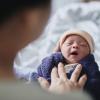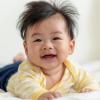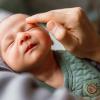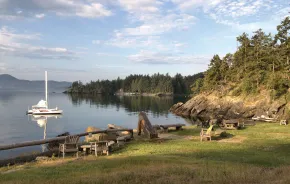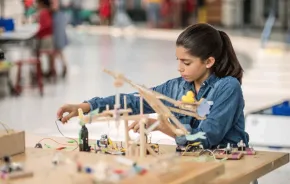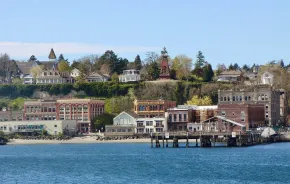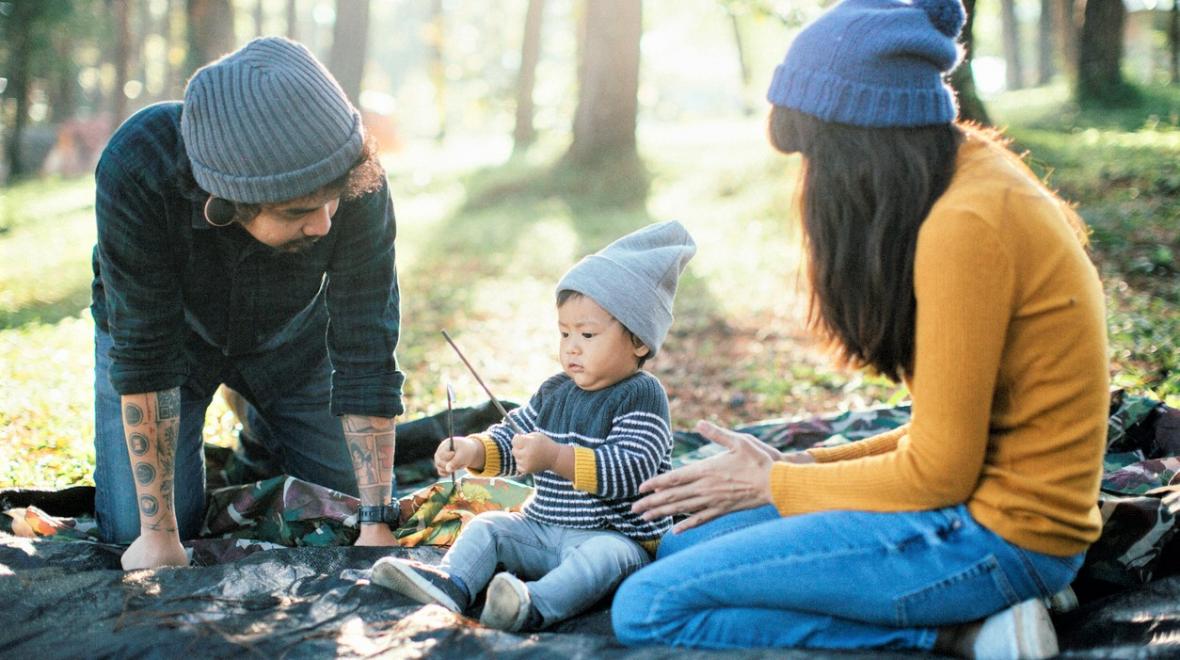
In the summer, Washington campgrounds are crawling (sometimes literally) with babies, toddlers and young families. But many new parents hesitate to head into the wild, wondering whether camping with a baby will be safe, enjoyable or worth the hassle.
Don’t abandon your dreams of an al fresco getaway quite yet — camping with a baby may be easier than you think. Also consider camping shortcuts that lessen the hassles of camping a bit, such as booking a yurt or a cabin.
“Camping is easiest when they’re small and portable. You just put them in a carrier and go!” says Sandra Kimmet, a mom of three from Dryad, Washington. But whether you pack your new baby and related gear in the family car for an outdoor adventure this summer — or sit it out for a few seasons — depends on your level of experience with both camping and parenting.
“New parents may not be ready to take their newborn to the grocery store, much less to the outback,” says Michelle Terry, M.D., a pediatrician with Seattle Children’s. But veteran parents, or those with camping experience, may have no problems executing a quick campground or backpacking getaway. Here are our top tips for undertaking a memorable — and relaxing — camping trip with your new addition.

Stay warm
Nighttime temperatures at Washington campgrounds can dip into the 40s, even at the height of summer. Because babies lose heat more quickly than older children and adults, your little one will need some help staying cozy at night.
“Below 50 degrees, or 60 degrees in wet, windy weather, body temperature can drop if babies are wearing inadequate clothing,” says Terry. Keep babies and young toddlers warm at night with several layers of clothing (preferably fleece or wool), thick socks and a hat for sleeping. In especially chilly climes, be watchful for cool, clammy skin, which indicates that a baby needs an extra layer or two. Early symptoms of hypothermia include shivering; cold, pale or blue-gray skin; and decreased alertness.
Washington campers should always prepare for rain, so wet-weather gear and extra tarps to cover the tent are a must. Or you can stay one step ahead of Washington’s unpredictable weather and opt for the aforementioned yurt, or perhaps rent a camper van or trailer — these are surefire ways to keep the family warm and dry at night.
And whether you're tent camping or have solid shelter, bringing along a portable crib can make nap time and nighttime more manageable.
Stay safe
Surrounded by lush greenery and towering trees, Northwest campsites look idyllic, but they’re home to plenty of hazards for very young campers. Before pitching your tent, inspect the campground for sharp rocks and sticks, and matches, knives or garbage left by previous campers. “Be on the lookout for potential choking hazards. Debris could easily make its way into curious hands or mouths,” advises Terry.
Watch out for plants that could irritate or sicken children, such as poison ivy, St. John’s Wort, poppies or philodendron. High altitude is another concern — don’t take babies above 2,500 feet too rapidly. “It will be cold, and the baby may have trouble breathing,” says Terry.
“The bottom line is that babies and toddlers need constant supervision,” she says. “Accidents happen when everyone is watching the baby and no one is watching the baby, all at the same time.”

Stay busy
Don’t plan on sticking around the campsite; a bored toddler is bound to develop an unsafe fascination with the fire pit or garbage bag. When camping with babies and toddlers, staying active keeps everyone cheerful. Bonus: this helps tire out the tots for bedtime, too.
Puyallup dad Brian Mark has camped with his two kids since they were babies. “Walk them around as much as possible,” he says. “Take kids to look for firewood, and let toddlers collect smooth rocks or bundles of sticks.”
The good news: Kids younger than age 2 don’t need much stimulation to stay happy. Most will be thrilled to simply wander the campground (with mom or dad close at hand), admiring the scenery and making friends with other campers. Comb local beaches, visit landmarks and don’t be afraid to drive to the nearest town for a meal or a cup of hot cocoa or coffee — a camping trip with a baby is not the time to really rough it, notes Terry. More adventurous families can check in with the ranger station for a map of local hiking trails.
Stay happy
When camping with tots, don’t sweat the small stuff, advises Georgiann Derieg, a mom of seven from Graham, Washington. “When we camp, I dress kids in clothes destined for the Goodwill pile so I don’t need to worry about dirt, stains or rips.”
The outcome of your trip may be determined before you leave the driveway: Often, the difference between a great trip and a forgettable one is what you pack. Tricycles, baby carriers, simple toys, trash bags, baby wipes, hand sanitizer, extra diapers, flashlights and batteries are necessities. (Derieg stashes an extra flashlight under the pillow of each family member at night, and uses hers if she needs more light for nursing or diaper changes.)
“Don’t forget to bring a portable playpen, a standing seat or a backpack carrier so that babies can check things out safely,” says Terry. And, of course, pack your fully charged phone, so decades from now you can pull out the photos to prove your child was camping before he could walk.
Camping destinations and resources for Seattle-area families: |
Editor's note: This article was originally published many years ago, and was updated most recently for 2023.





